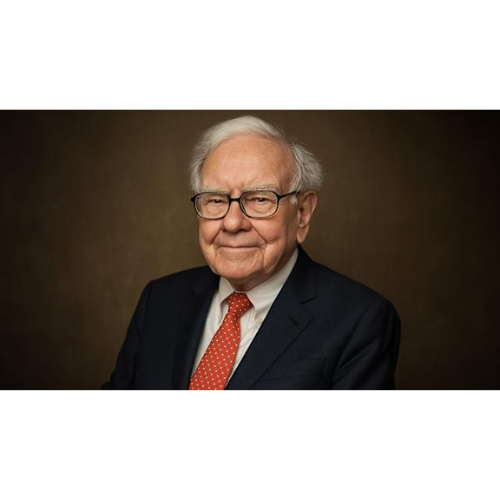The Timeless Wisdom of Warren Buffett: A Journey Through the Life of the Oracle of Omaha
Warren Buffett is more than just a billionaire investor—he’s a symbol of patience, discipline, and long-term thinking in a world obsessed with instant gratification. Known as the “Oracle of Omaha,” Buffett’s journey from a precocious child selling chewing gum door-to-door to becoming one of the richest and most respected figures in global finance is a masterclass in value investing and ethical leadership.
Early Life: The Making of a Financial Prodigy
Warren Edward Buffett was born on August 30, 1930, in Omaha, Nebraska. His father, Howard Buffett, was a stockbroker and later a U.S. congressman, which exposed young Warren to the world of finance early on. By age 11, Buffett had already purchased his first stock—three shares of Cities Service Preferred—marking the beginning of a lifelong obsession with investing.
Buffett’s entrepreneurial spirit was evident from a young age. He sold newspapers, Coca-Cola, and even ran a pinball machine business with a friend. These ventures weren’t just about making money—they were about understanding how businesses worked and how value was created.
Education and Mentorship: Learning from the Best
Buffett attended the University of Nebraska and later earned a Master’s degree in economics from Columbia University. It was at Columbia where he met his most influential mentor: Benjamin Graham, the father of value investing.
Graham’s philosophy centered on buying undervalued stocks with strong fundamentals and holding them for the long term. Buffett absorbed these principles and refined them with his own twist—focusing on the quality of the business and its management.
Berkshire Hathaway: From Textile Mill to Investment Empire

In 1962, Buffett began buying shares in a struggling textile company called Berkshire Hathaway. While the textile business itself was failing, Buffett saw an opportunity to use the company as a vehicle for acquiring other businesses. Over time, Berkshire Hathaway transformed into a holding company for a diverse portfolio of investments, including insurance, railroads, utilities, and consumer goods.
Today, Berkshire Hathaway owns or holds significant stakes in companies like:
- Geico
- BNSF Railway
- Dairy Queen
- Duracell
- Apple Inc.
- Coca-Cola
Buffett’s strategy was simple but powerful: invest in businesses with strong brands, consistent earnings, and trustworthy leadership. He famously avoids companies he doesn’t understand, which is why he steered clear of most tech stocks for years—until Apple won him over.
Investment Philosophy: Value, Patience, and Integrity
Buffett’s approach to investing is rooted in timeless principles:
- Buy and hold: He prefers to own businesses “forever,” believing that long-term ownership leads to compounding returns.
- Margin of safety: He only invests when the price is significantly below intrinsic value.
- Circle of competence: He sticks to industries and companies he understands deeply.
- Management matters: Buffett values integrity and competence in the people running the businesses he invests in.
These principles have helped Buffett outperform the market for decades. His annual letters to Berkshire Hathaway shareholders are widely read for their clarity, humor, and wisdom.
Buffett’s Rules for Life and Business
Beyond investing, Buffett is known for his simple lifestyle and grounded values. Despite his immense wealth, he still lives in the same Omaha house he bought in 1958 and drives modest cars. He’s also a passionate advocate for philanthropy, having pledged to give away more than 99% of his fortune.
Here are a few of his most famous quotes that reflect his worldview:
- “Price is what you pay. Value is what you get.”
- “It’s better to hang out with people better than you. Pick out associates whose behavior is better than yours and you’ll drift in that direction.”
- “Risk comes from not knowing what you’re doing.”
These nuggets of wisdom have inspired generations of entrepreneurs, investors, and leaders.
Global Influence and Legacy
Warren Buffett’s influence extends far beyond Wall Street. He’s a trusted voice in economic policy, corporate governance, and ethical leadership. Alongside Bill Gates, he co-founded the Giving Pledge, encouraging billionaires to commit the majority of their wealth to charitable causes.
Buffett’s legacy is shown that success comes from discipline, humility, and a long-term perspective. In an age of volatility and hype, Buffett remains a beacon of rationality and integrity.
